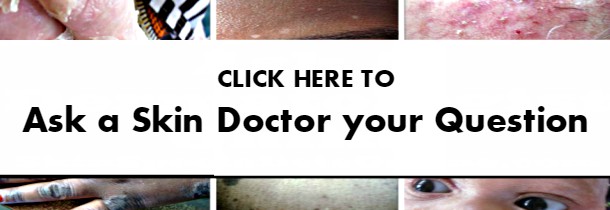
Hand eczema, which is also known as hand dermatitis, is a type of irritant contact dermatitis.
CAUSES OF HAND ECZEMA
Hand eczema develops when the skin is injured by substances like:
1. Soaps and detergents like sodium lauryl sulfate – Housewives are particularly prone to developing eczema on the hands, which is also referred to as homemaker’s eczema, because of coming in contact with detergents many times during the day.
Nurses and others who work in hospitals are also prone to developing irritant contact dermatitis on their hands due to frequent hand washing.
2. Water – Cleaners and hair dressers are more likely to develop this form of occupational dermatitis because their hands frequently come in contact with chemicals and water.
3. Solvents like alcohol and xylene also cause irritant contact dermatitis on the hands.
SYMPTOMS OF HAND ECZEMA
Symptoms of irritant dermatitis develop when the skin releases inflammatory mediators in response to being injured by these irritating or toxic substances.
These symptoms include developing an itchy or burning sensation on the skin of the hands when they come in contact with the irritating substances.
There may also be redness and dryness with peeling and flaking.
TREATMENT FOR HAND ECZEMA
The treatment of hand eczema is divided into and medical treatment and self-care measures.
Self-Care Measures for Hand Dermatitis
1. Identify the irritant and avoid exposure to it by wearing protective gloves.
2. Always use a gentle cleanser which does not contain harsh detergents like sodium lauryl sulphate. The cleanser should also be fragrance-free and dye-free. Mild skin cleansers like Aquanil and Cetaphil are good alternatives to soap.
3. Consider using syndets or synthetic detergents which do not modify the skin’s pH.
4. Pat your hands dry and moisturize them immediately after washing them. You can use organic coconut oil, petroleum jelly or mineral oils. These prevent the skin from losing its moisture.
5. You can also use bland barrier creams like those which contain dimethicone or ceramide to restore the epidermal barrier. Dimethicone containing creams include Cetaphil. Ceramide containing creams include Cerave.
6. Wear cotton gloves inside vinyl gloves when doing wet household chores. The vinyl gloves are less likely to cause allergic reaction than rubber gloves.

